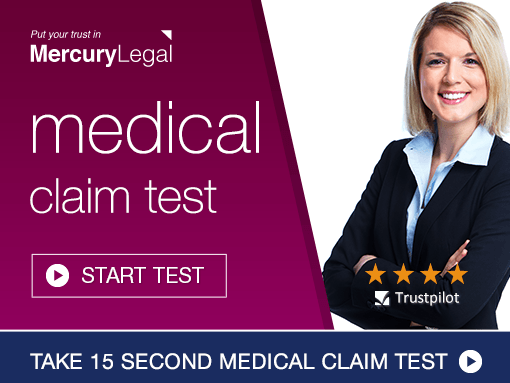Diagnosis of Nasal Cancer
How is Nasal Cancer diagnosed?
How Is Nasal Cancer Diagnosed?
If you are concerned about the potential development of nasal or paranasal cancer the first person you should speak to should be a doctor or medical professional. When presenting symptoms that could potentially be cancer, the doctor will first ask you a series of questions about your medical history and that of your family, as well as asking about the problems or concerns you may have been facing. They are likely to carry out a physical exam to see any signs of cancer or problems in the areas you are concerned about.
They will most likely check your nose, mouth, neck and face, as well as investigating the lymph nodes to look for any signs of swelling.
They may perform a nasal endoscopy – inserting a thin, flexible tube with a camera to your nose and throat so that they can see inside. If your doctor has concerns that you might need further treatment then they will often send you to see an ENT (Ear, Nose and Throat) Specialist who can perform further tests such as:
Imaging tests
X-rays – these can show if there is any fluid or growth within the sinuses (under normal circumstances they are filled with air) and can be used to see if the cancer has spread into other organs.
More commonly a doctor will use a CT (Computerised Tomography) Scan which can produce detailed three-dimensional images of the inside of the body. This can help identify cancers as well as displaying any damage caused to bone by any existing cancer.
MRI (Magnetic Resonance Imaging) uses radio waves and magnets to build up a picture of the inside of the body and can help in identifying the difference between tumours and build-ups of fluid. While the CT scan will tell the doctor if the cancer is spreading into the bone, the MRI will show the size and type of the cancer.
A PET (Positron Emission Tomography) Scan involves injecting a form of radioactive sugar into the bloodstream which can be monitored because cancer cells will absorb more of the sugar than normal, healthy cells. This type of scan shows the spread of cancer more clearly than other imaging techniques but will most likely be used in conjunction with other types of scan.
A Biopsy involves removing a small piece of tissue so that it can be tested under a microscope for signs of cancer. Depending on the location of the potential tumour, a biopsy might be carried out in the doctor’s surgery, although if the suspected tumour is more difficult to access this might involve a visit to hospital.
A Fine Needle Aspiration (FNA) biopsy involves using a hollow-pointed needle inserted into the tumour or lymph node to take out cells or fluid that can then be tested under a microscope. This type of biopsy is commonly used in patients whose lymph nodes are swollen as it can give a clear distinction as to whether the inflammation is due to fluid or a cancerous growth.
Incisional and Excisional biopsies remove more of the tumour than a traditional biopsy; Incisional means cutting a small piece of the tumour, whereas Excisional involves removing the entire tumour – in both cases the sample is then sent for testing to diagnose cancer.
Risk factors
We are all aware that smoking increases our risk of developing lung cancer and that too much exposure to the sun can increase our risk of developing skin cancer. Researchers have found that there are a particular, identifiable range of risk factors for nasal and paranasal cancers, and they involve the inhalation of certain chemicals and dusts. In many cases these factors are encountered by the sufferer during their employment and so if nasal or paranasal cancer is diagnosed, it is likely that exposure to these substances has caused the condition to develop. If the cancer can be attributed to inhalation – either briefly or over a longer period of time – of these substances, then it is likely to be linked with this exposure and hence can be recognised as an industrial disease for which one can claim compensation from the employer.
Contact us today for free, no obligation advice regarding your Nasal Cancer claim – either by calling us free on 0800 122 3130, or by requesting a free call back, whereby one of our team will contact you at a time of your choosing to discuss your situation. When you contact us you are under no obligation to continue with the case unless you wish to do so.
We’re here to help – contact us today.

Claiming For Your Nasal Cancer
Free Legal Advice
If you are unsure whether you can claim compensation for a Nasal Cancer as a consequence of your work environment, then call our personal injury claims team for free for no obligation advice on making a claim. They will ask you some simple questions about your condition, talk to you about what’s happened and can tell you if you have a viable claim for compensation or not. Call us 24/7 on 0800 122 3130.
Latest Nasal Cancer News
Biggest Ever EU Banned Chemical Application
A consortium of companies from across Europe have made an application to the European Union to use a banned chemical made infamous by the Hollywood film Erin Brockovich. In the movie, the lead role (played by Julia Roberts) fights on behalf of families who have...
read more




